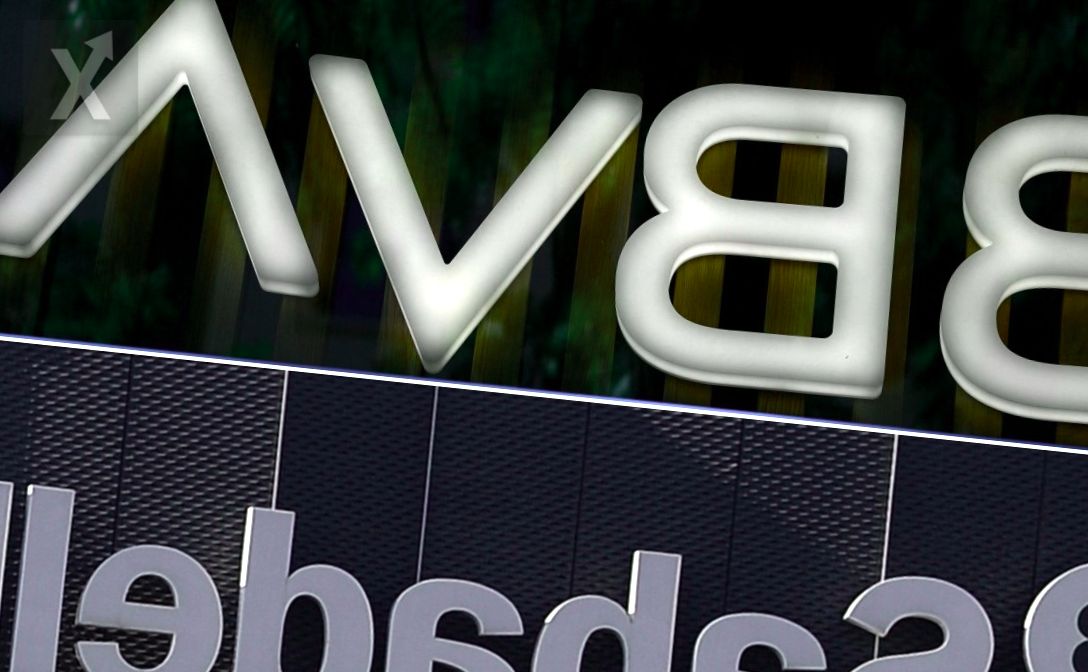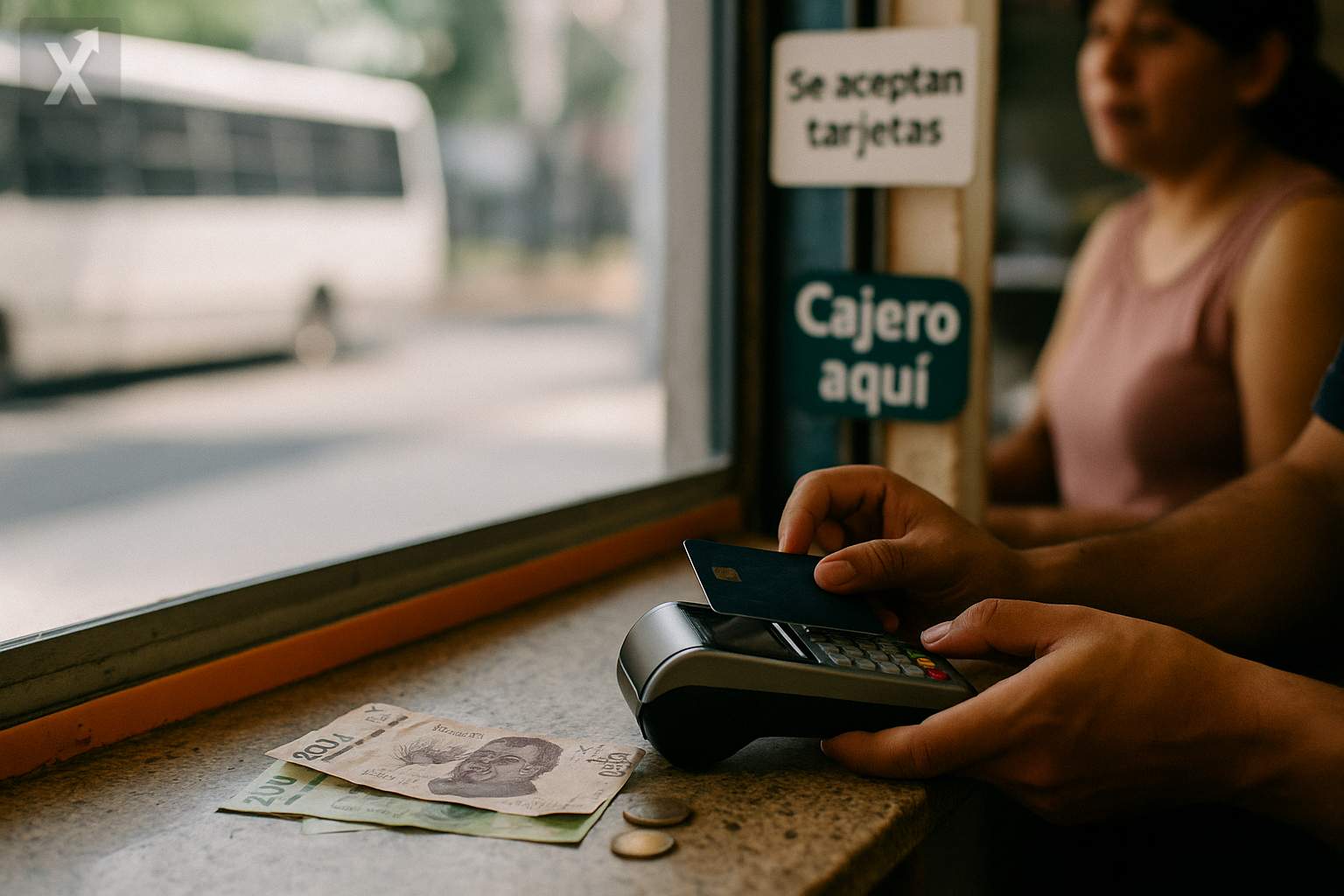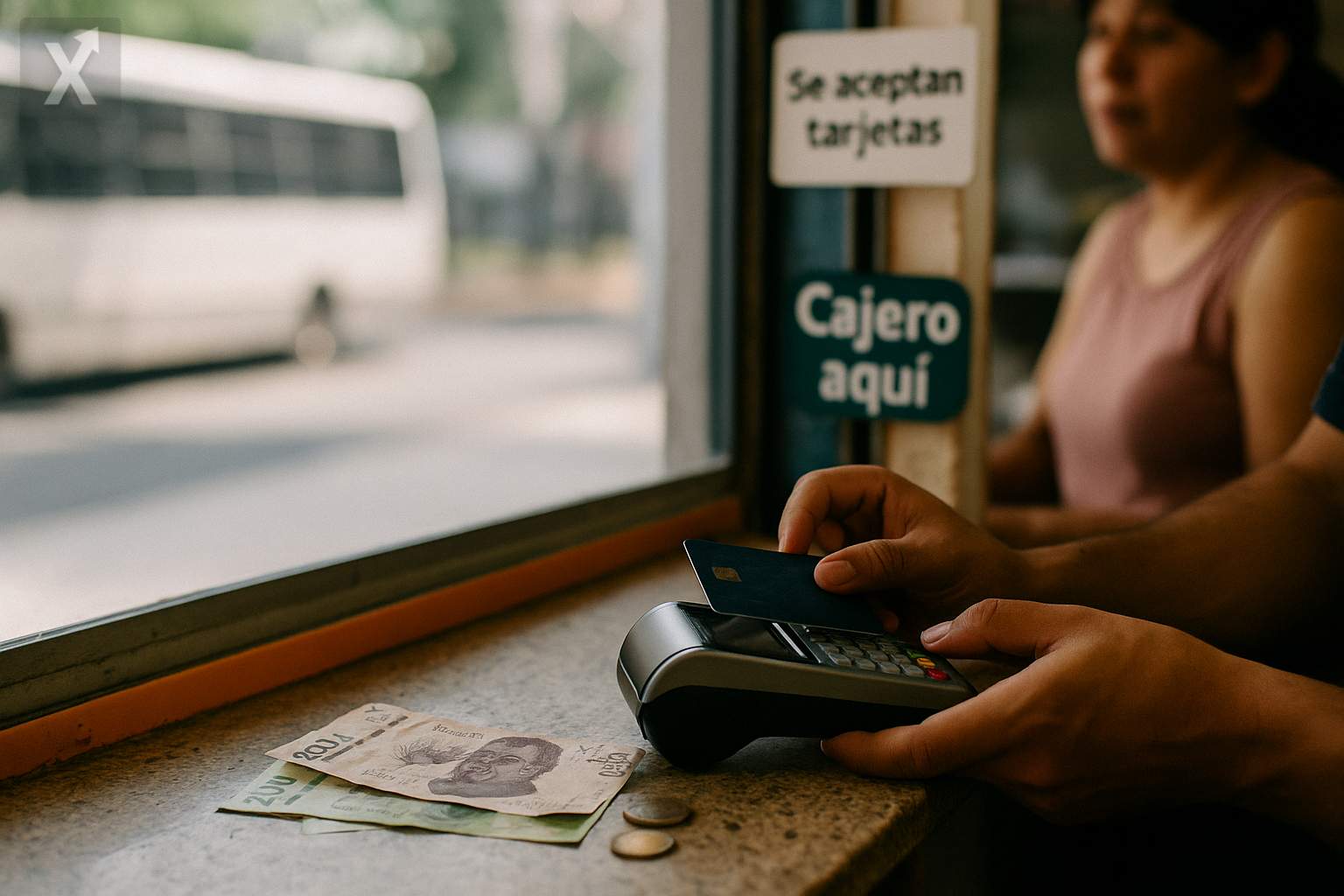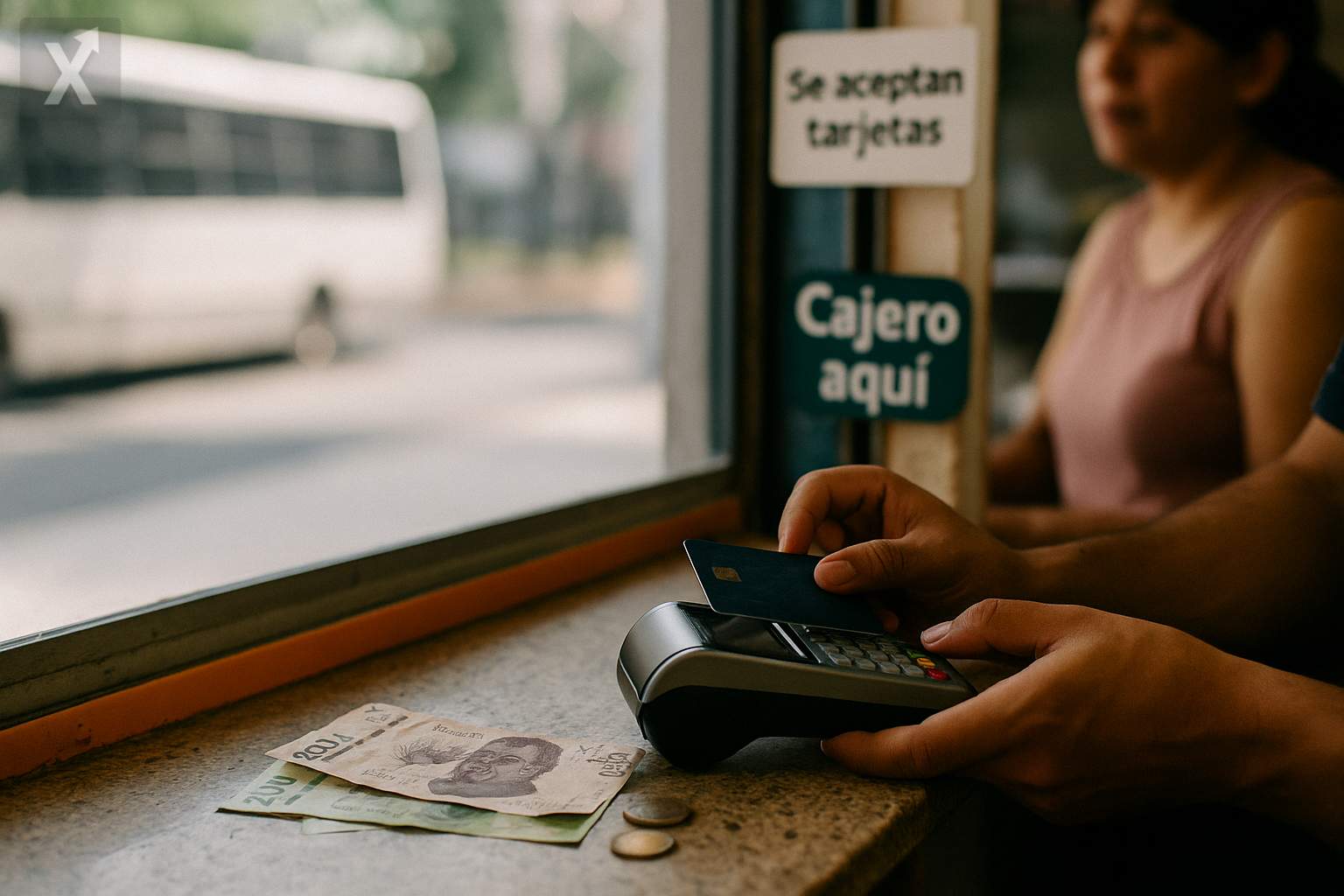BBVA Adjusts Its Offer to Acquire Sabadell

(MADRID) - The Spanish bank BBVA BBVA.MC has modified its public takeover bid (OPA) for its competitor Sabadell SABE.MC, reducing the minimum acceptance amount compared to its previous proposal. This announcement was made on Thursday by the financial institution in a report submitted to the National Securities Market Commission (CNMV). BBVA's new offering aims to secure a number of shares that will allow it to control at least half plus one of the effective voting rights of Sabadell by the end of the acceptance period, instead of the 50.1% that was previously required.
The revised proposal does not include shares held by Sabadell, although BBVA has indicated that, should the transaction go through, it will seek their cancellation at the next general shareholders' meeting, "reducing the capital stock and blocking those shares in the meantime." BBVA made an offer to acquire Sabadell last April, becoming hostile in May. It is now looking to make concessions after Spain's National Commission on Markets and Competition determined that its initial offer, valued at 12.28 billion euros (13 billion dollars), requires a more thorough review. The merger of both institutions would create a bank with more than 1 trillion euros (1.04 trillion dollars) in assets, representing a new wave of consolidation in the Spanish banking sector. This second-largest bank in Spain has already received approval from the European Central Bank and authorities from several countries where Sabadell operates, including the United Kingdom, the United States, France, Portugal, Morocco, and Mexico. However, the acquisition faces opposition from the Spanish government and also needs authorization from the CNMV. Sabadell dismissed the offer to buy all its shares in May, leading BBVA to attempt a second hostile bid for the country’s fourth largest bank after a failed attempt in 2020.
Such moves in the banking sector could indicate a necessary consolidation to tackle future economic challenges, but they may also bring uncertainties about competition and the financial services available to consumers. It is crucial for both the involved entities and the regulators to maintain careful oversight to ensure that these decisions benefit the market and, above all, the end users.






